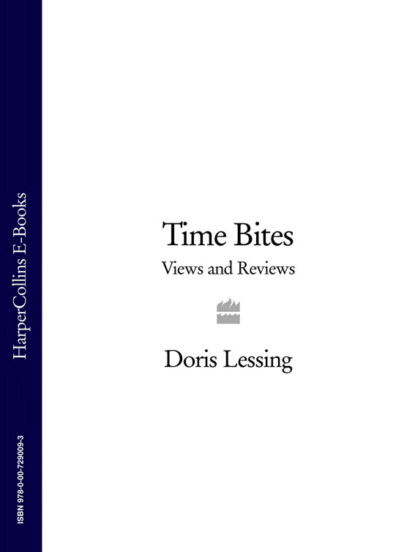Some people like one book, others another. There are those who admire The Waves, her most extreme experiment, which to me is a failure, but a brave one. Night and Day was her most conventional novel, recognisable by the common reader, but she attempted to widen and deepen the form. From her first novel, The Voyage Out, to the last, the unfinished Between theActs – which has for me the stamp of truth: I remember whole passages, and incidents of a few words or lines seem to hold the essence of let’s say, old age, or marriage, or how you experience a much-loved picture – her writing life was a progression of daring experiments. And if we do not always think well of her progeny – some attempts to emulate her have been unfortunate – then without her, without James Joyce (and they have more in common than either would have cared to acknowledge) our literature would have been poorer.
She is a writer some people love to hate. It is painful when someone whose judgement you respect comes out with a hymn of dislike, or even hate, for Virginia Woolf. I always want to argue with them: but how can you not see how wonderful she is … For me, her two great achievements are Orlando, which always makes me laugh, it is such a witty little book, perfect, a gem; and To the Lighthouse, which I think is one of the finest novels in English. Yet people of the tenderest discrimination cannot find a good word to say. I want to protest that surely it should not be ‘the dreadful novels of Virginia Woolf’, ‘silly Orlando’ but rather ‘I don’t like Orlando, I don’t like To theLighthouse, I don’t like Virginia Woolf.’ After all, when people of equal discrimination to oneself adore, or hate, the same book, the smallest act of modesty, the minimum act of respect for the great profession of literary critic should be ‘I don’t like Woolf, but that is just my bias.’
Another problem with her is that when it is not a question of one of her achieved works, she is often on an edge where the sort of questions that lurk in the unfinished shadier areas of life are unresolved. In this collection is a little sketch called ‘A Modern Salon’, about Lady Ottoline Morrell, who played such a role in the lives and work of many artists and writers of the time, from D. H. Lawrence to Bertrand Russell. We are glad to read what Woolf thinks, when so many others have had their say. Woolf describes her as a great lady who has become discontented with her own class and found what she wanted in artists, writers. ‘They see her as a disembodied spirit escaping from her world into purer air.’ And, ‘She comes from a distance with strange colours on her.’ That aristocrats had, and in some places still have, glamour, we have to acknowledge, and here Woolf is trying to analyse it and its effects on ‘humbler creatures’, but there is something uncomfortably sticky here; she labours on, sentence after sentence, until it seems she is trying to stick a pin through a butterfly’s head. There were few aristocrats in the Bohemian world of that time: it is a pity Ottoline Morrell was such a bizarre representative. A pitiful woman, she seems now, so generous with money and hospitality to so many protégés, and betrayed and caricatured by many of them. They don’t come out very well, the high-minded citizens of Bohemia, in their collision with money and aristocracy.
It is hard for a writer to be objective about another who has had such an influence – on me, on other women writers. Not her styles, her experiments, her sometimes intemperate pronouncements, but simply her existence, her bravery, her wit, her ability to look at the situation of women without bitterness. And yet she could hit back. There were not so many female writers then, when she began to write, or even when I did. A hint of hostilities confronted is in her sketch here of a visit to James Strachey and his Cambridge friends. ‘I was conscious that not only my remarks but my presence was criticised. They wished for the truth, and doubted whether a woman could speak or be it.’ And then the wasp’s swift sting: ‘I had to remember that one is not fully grown at 21.’
I think a good deal of her waspishness was simply that: women writers did not, and occasionally even now do not, have an easy time of it.
We all wish our idols and exemplars were perfect; a pity she was such a wasp, such a snob – and all the rest of it, but love has to be warts and all. At her best she was a very great artist, I think, and part of the reason was that she was suffused with the spirit of ‘They wished for the truth’ – like her friends, and, indeed, all of Bohemia.
Вы ознакомились с фрагментом книги.
Для бесплатного чтения открыта только часть текста.
Приобретайте полный текст книги у нашего партнера:








 Рейтинг:
0
Рейтинг:
0